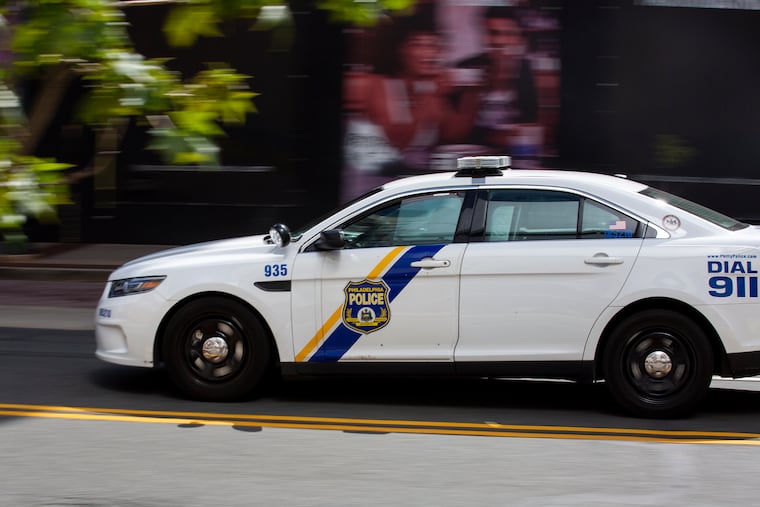Philly can overcome the city’s gun crisis — but not without cooperation from everyone | Opinion
Philadelphia’s elected officials – federal, state and local – need to come together, lean in on this issue and work with community leaders and the clergy to act now.

In 2018, Philadelphia had 351 murders, its highest homicide rate in more than a decade and the highest per capita murder rate of the ten largest cities in the country. Homicides have increased each year since 2016 in Philadelphia, and more than 40 percent since 2013. And Philadelphia is on target to surpass last year’s recent high again in 2019.
It is easier to think of these people as statistics, but they were someone’s parent, sibling, friend, someone’s child. Philadelphia’s murder rate is totally unacceptable. As elected leaders, we cannot sit quietly and wait for others to take action or for longer-term solutions to bear fruit years from now. We must lean in, work together and do what we can to stop the killings in our streets now.
Earlier this year, the U.S. House of Representatives passed bills for universal background checks and to address a serious gap in the background check system that allows licensed gun dealers to transfer ownership to an individual without a background check if the background check takes longer than three days, called the Charleston loophole. In the eight months since these common-sense reforms were passed, the Senate hasn’t taken them up, despite overwhelming public support for both issues. The Senate should introduce and pass both bills because when those bills become law, they will save lives.
Gun reform at the federal level is important and will help decrease gun violence in our neighborhoods. But, there are steps Philadelphia can take now to reduce homicides and start lifting our neighborhoods up.
In a recent report on the economic impact of gun violence, the Office of the City Controller proposed that Philadelphia implement a combination of complementary violence reduction strategies that have helped other cities dramatically reduce their homicide rates. The programs are: Group Violence Intervention, which targets potential shooters with offers of assistance and threats of police intervention; Cure Violence, a community-oriented public health outreach program that uses community activists to diffuse situations before they escalate to gun violence; and Cognitive Behavioral Therapy, a preventive violence reduction approach that aims to improve individuals’ decision-making.
Both Oakland, California and New Orleans, Louisiana implemented these strategies in 2012. An evaluation of Oakland’s implementation of these programs credited it with reducing gun homicides by 32 percent over five years and in New Orleans, the program was found responsible for reducing homicides by 17 percent over two years. Other cities have used these strategies, too, including Los Angeles, Chicago and New York City and have seen their murder rates decline in recent years.
When implemented together with adequate funding and in partnership with District Attorney’s Office, Philadelphia Police Department, and most importantly, the community, these programs work. Philadelphia should implement them immediately.
Since 2006, more than 4,100 Philadelphians have been murdered. According to Philadelphia Police Department data, the number of Philadelphians murdered jumps to 8,800 when looking back to 1993. Most of them young black men. Most of their murders involved a gun. This 25 years of data represents Philadelphia’s lost potential and hope and illustrates the ramifications of systemic racism and underinvestment in underserved communities that have plagued our city for generations.
Even though Philadelphia is in crisis, it is a crisis that we can do something about, now. Together, we are pushing for a strategic investment in programs that will save lives. Philadelphia’s elected officials – federal, state and local – need to come together, lean in on this issue and work with community leaders and the clergy to act now. Philadelphians can’t wait.
Rebecca Rhynhart is Philadelphia’s City Controller. Congressman Dwight D. Evans represents the 3rd District of Pennsylvania.